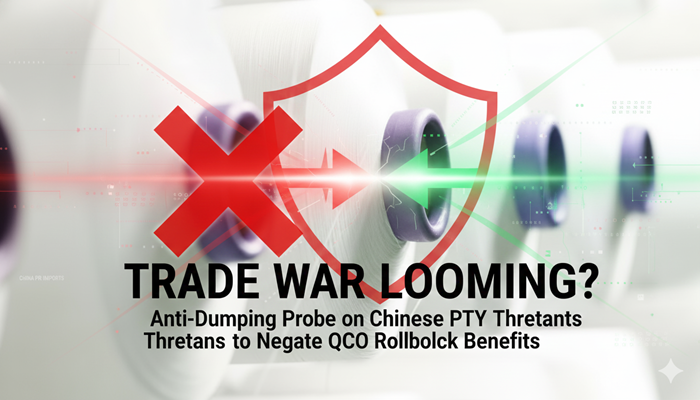Indonesia’s Ministry of Industry is urging upstream producers under the Indonesian Fiber and Filament Yarn Producers Association (APSyFI), to be more transparent and compliant with regulations. This is a part of their move to ensure fair competition and support sustainable growth in the industry.
The ministry raised concerns about the low reporting of compliance among APSyFI members, noting that only 15 of 20 companies submitted their operational reports. There are still large APSyFI member companies that don't report their performance at all, says Febri Hendri Antoni Arief, Spokesperson. He emphasized, this lack of accountability undermines the association's claims as an industry leader.
Arief highlighted, while APSyFI has asked the government to tighten import controls, some of its members have dramatically increased their own imports. Data shows, yarn and fabric imports by these companies increased by 239 per cent within a year, rising from 14.07 million kg in 2024 to 47.88 million in 2025. On one hand, they demand protection, yet on the other, they actively operate as major importers. This contradicts the spirit of building a self-reliant domestic industry, he explains.
Despite these issues, the government has given extensive protection and fiscal incentives to upstream textile producers for years. These include various Anti-Dumping Duties (BMAD) and Safeguard Duties (BMTP) that are valid for several more years. Despite enjoying dual benefits, tariff protection and generous import facilities, these company have shown little interest in reinvesting or modernizing their technology, adds Arief.
The minister warns, a proposed 45 per cent anti-dumping duty could result in up to 40,000 layoffs in downstream industries, which would be a national tragedy. In contrast, any potential job losses in the upstream sector would be much smaller.
With Indonesia's textile industry growing by over 4 per cent in H1, FY25, the Ministry is calling for greater cooperation and compliance to maintain this positive momentum.












